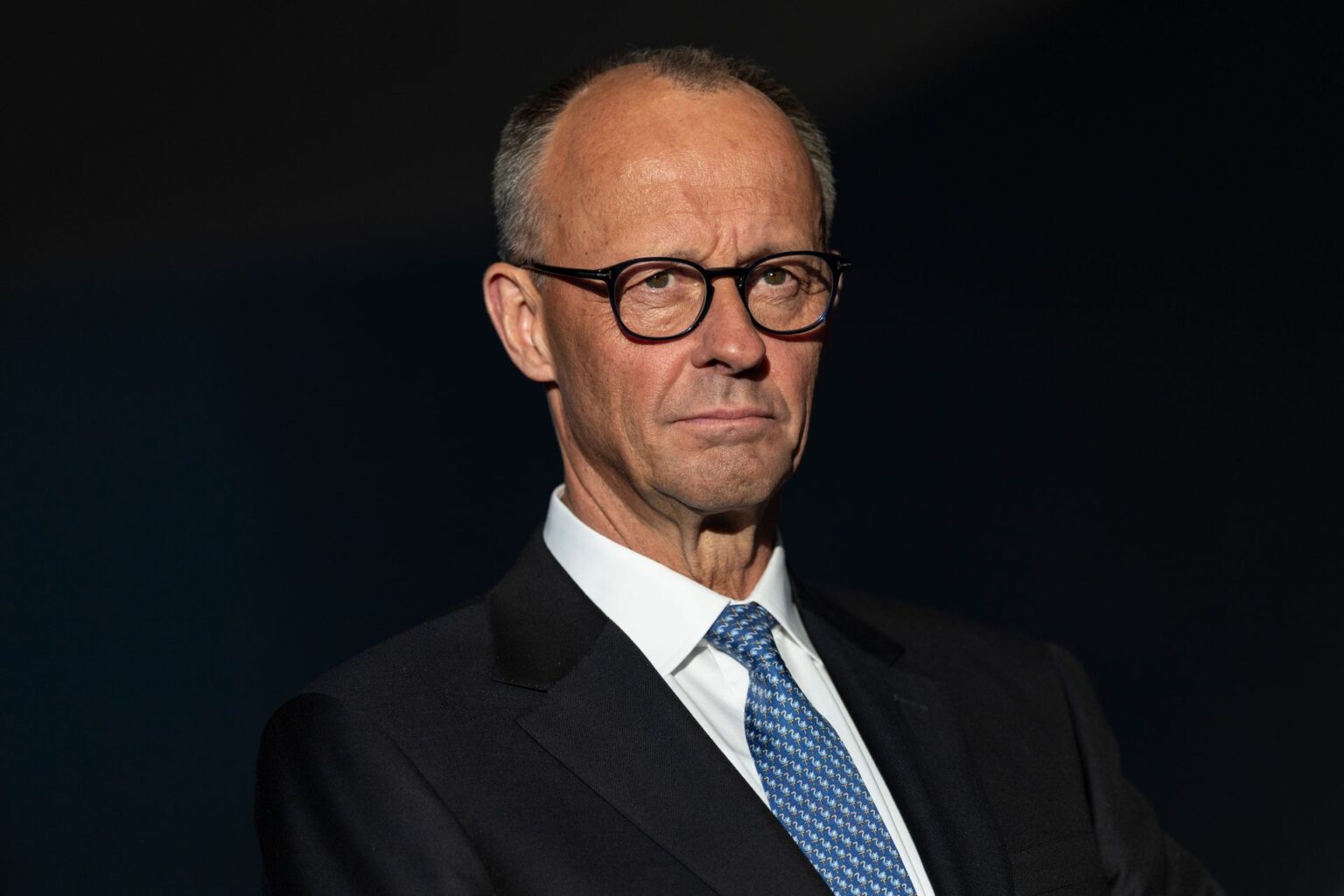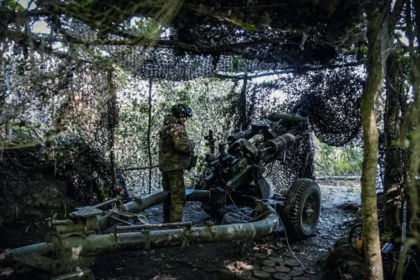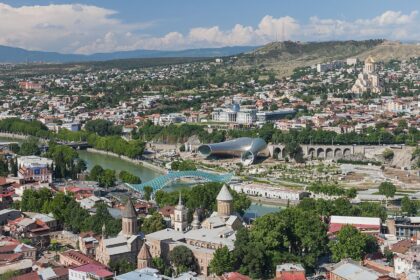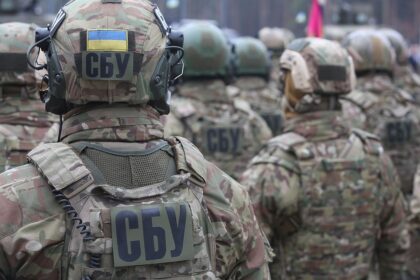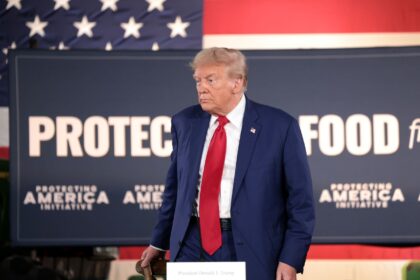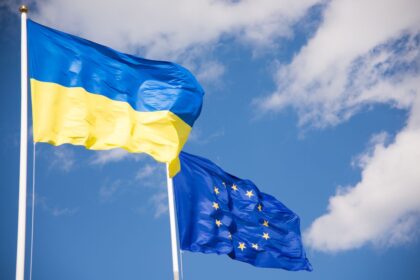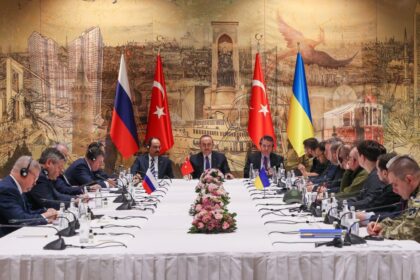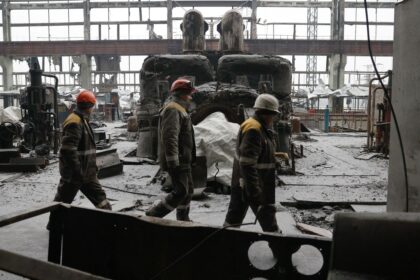**EU to Impose Sanctions on Russia Over Snubbed Peace Talks**
The European Union is set to adopt a new package of sanctions against Russia on May 20, in response to Russian President Vladimir Putin’s decision not to attend face-to-face talks with Ukrainian President Volodymyr Zelensky. This move comes after EU ambassadors agreed on the bloc’s 17th package of sanctions against Russia, primarily targeting its shadow fleet of oil tankers.
According to German Chancellor Friedrich Merz, the new sanctions will target almost 200 ships of Russia’s shadow fleet, 30 companies involved in sanctions evasion, and 75 entities and individuals linked to the Russian military-industrial complex. The measures aim to cripple Russia’s ability to evade international sanctions and undermine its economy.
**Confiscating Frozen Assets a Risky Move**
One of the key aspects of the new sanctions package is the potential confiscation of frozen Russian assets. However, EU officials have been cautious about taking this step due to concerns that it could undermine trust in the euro and the EU’s banking system. Merz emphasized that the issue is still being clarified, but if there is a sound legal basis for confiscating funds, the EU will do so.
The EU holds around $300 billion in frozen Russian assets, with most of these funds currently frozen in Belgium. European leaders have been wary of confiscating these assets, fearing it would have unintended consequences on the global financial market.
**Putin’s Decision to Snub Peace Talks**
Meanwhile, direct peace talks between Ukraine and Russia were expected to begin on May 15 but are now slated to start on May 16. Russian officials announced that their delegation will be headed by Vladimir Medinsky, a presidential advisor and propaganda architect. However, Putin himself will not be attending the talks, despite calls from Zelensky and various world leaders for him to participate.
Estonian Foreign Minister Margus Tsahkna described Putin’s decision as a “slap in the face,” highlighting Russia’s lack of commitment to peace negotiations. The absence of top Russian politicians, including Foreign Minister Sergey Lavrov and Putin’s foreign policy aide Yuri Ushakov, further emphasizes this point.
**Independent Journalism Needs Your Support**
As we continue to provide unbiased coverage of the conflict in Ukraine, we rely on your support to keep our journalism free from paywalls and external influences. Our goal is to reach 20,000 members who believe in the importance of independent reporting without compromise. Will you help us achieve this by becoming a member today?
Read More @ kyivindependent.com




